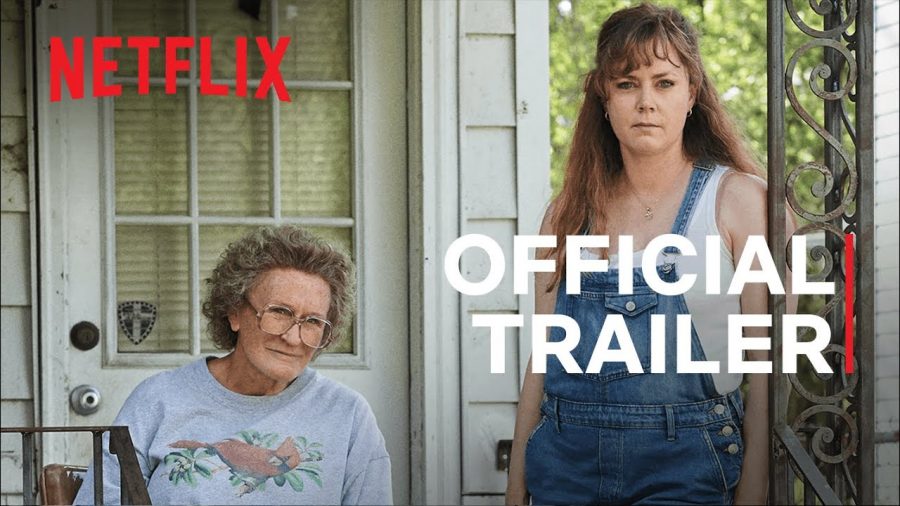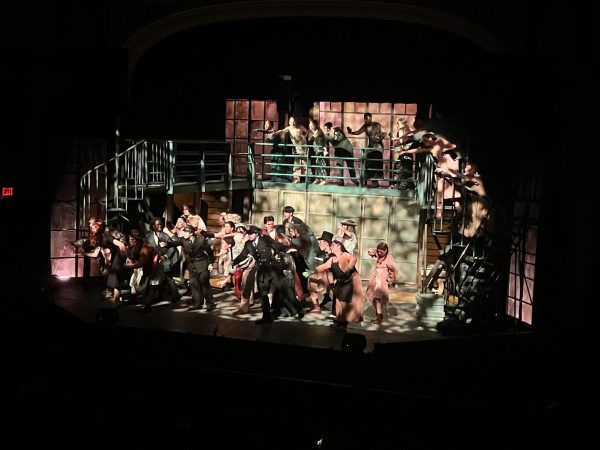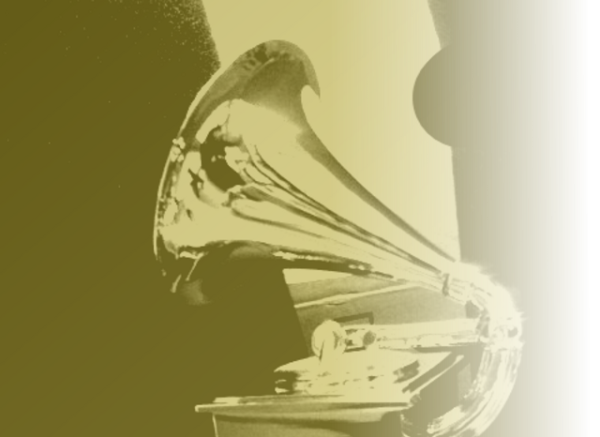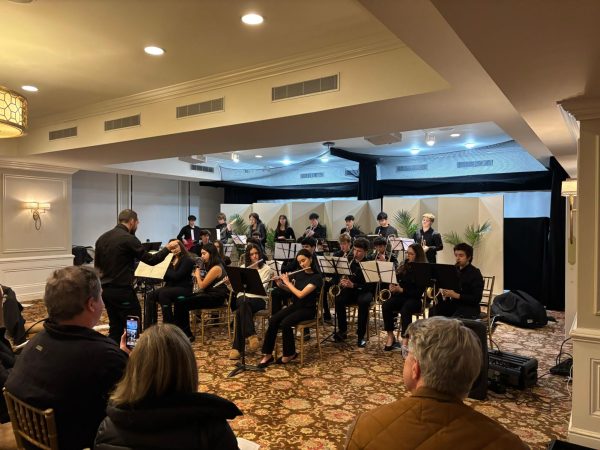‘Hillbilly Elegy’ is an emotional rollercoaster that gets more hate than it deserves
Redneck. Bumpkin. Hillbilly. These derogatory terms are all synonymous with uneducated southern whites. The media has often painted these people in a less than positive light, exaggerating their lack of education or their rural way of speaking. Yet, “Hillbilly Elegy” is an ode to all the hillbillies of Kentucky in that it shows their true core values and strong sense of community.
Based on J.D Vance’s autobiography of the same name, “Hillbilly Elegy” follows J.D (Owen Asztaos/Gabriel Basso) at two points in his life. In the first, young J.D., his mother Bev (Amy Adams), his grandmother Mamaw (Glenn Close) and his sister (Haley Bennett) all live together in Middletown, Ohio as they each navigate their lives with the Kentucky influences they developed from spending summers in the Bluegrass State. The second follows J.D as a college student at Yale coming back to help his mother who has overdosed on heroin while balancing the new life he’s found while attending college.
While the book was a New York Times bestseller, praised for its accurate depiction of the lives of those in rural America, the movie was received poorly. Metacritic gave it a rating of 38% while Rotten Tomatoes gave it a mere 26%.
But stop! Don’t go clicking away, assuming that the film isn’t worth your time. I’m here to give you at least two reasons why you should watch it.
First: Glenn Close and Amy Adams. Two powerhouse actresses that deliver stunning performances. Adams’ portrayal of Bev, a drug addict trying to raise her children while still coming to grips with the reality of her life, is moving. Additionally, her ability to switch to the remorseful and guilt-ridden mother that J.D sees when he comes back from college is terrific.
For Glenn Close, I really don’t have to argue for her performance since she was nominated for an Oscar despite the ratings. But I will because why not? Her portrayal of Mamaw, a tough but caring grandmother, is just so captivating. I found that when the story got confusing because of transitions between past and present, she played a key part in rooting the film back to its center.
And what a center it is. The true story is my second reason to recommending “Hillbilly Elegy.” While it sometimes mistakes intensity for thought-provoking commentary, the film is certainly entertaining. This might be more of a compliment towards the story that Vance tells in his book rather than the film adaptation itself, but nevertheless it’s a compelling look into the American working class.
I should also acknowledge the complaint that the screenplay’s transitions from the past to the present are confusing and jarring; I have to agree. But all in all, the film makes up for it with its heart and accurate portrayals of working class people.
So, do I recommend this? There are better movies out there, but if you’re bored and looking for something to watch on a Saturday night, at least consider this one.
Grade: B
Oliver has been working with the Pelham Examiner since August of 2019 and looks forward to continuing his contributions. Along with contributing to the...













Susan Johnson • Apr 20, 2021 at 12:44 pm
Surprised to read this review was written by a child. It is thought provoking and shows terrific insight in someone so young.
I’d say this person has promising future in journalism. Encourage him. He’s a keeper.
Tara Lyons • Apr 19, 2021 at 6:23 pm
I too enjoyed “hillbilly elegy” – but i read the book first, so i looked forward to seeing who portrayed which character! Mamaw was perfect!
Great Review Oliver!